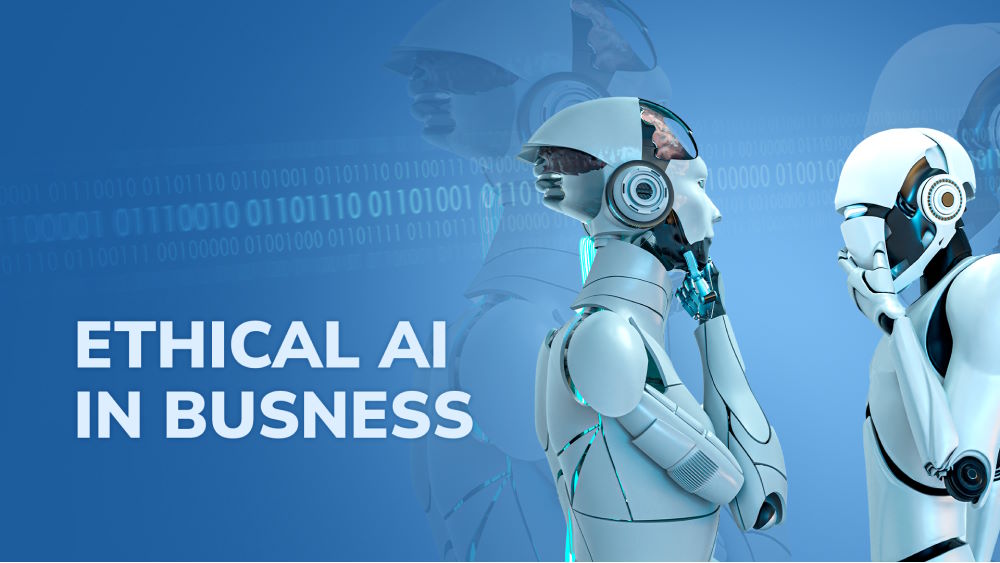
AI in Healthcare: Transformative Innovation or Ethical Challenge?
Artificial Intelligence (AI) is revolutionizing healthcare, offering unprecedented opportunities to improve patient outcomes, reduce costs, and streamline operations. Yet, alongside these transformative innovations come significant ethical challenges that demand careful consideration. Here, we explore both sides of AI’s impact on the healthcare sector.

1. Transforming Diagnosis and Treatment
AI-powered tools have demonstrated remarkable accuracy in diagnosing conditions such as cancer, heart disease, and neurological disorders. Machine learning algorithms can analyze medical imaging, genetic data, and patient history faster and more accurately than traditional methods, enabling earlier detection and personalized treatment plans. Key takeaway: AI has the potential to save lives by enhancing diagnostic precision and tailoring treatments to individual needs.
2. Enhancing Operational Efficiency
From automating administrative tasks to optimizing hospital workflows, AI is helping healthcare providers operate more efficiently. Chatbots, for example, are being used to handle routine patient inquiries, freeing up staff for more critical tasks. Key takeaway: Improved efficiency translates to cost savings and better allocation of resources within healthcare systems.
3. Accessibility and Global Reach
AI is bridging gaps in healthcare access, particularly in underserved regions. Telemedicine platforms powered by AI are providing remote consultations and diagnoses, bringing quality care to patients who might otherwise be unable to access it. Key takeaway: AI is democratizing healthcare by extending its reach to remote and marginalized communities.
4. Ethical Concerns: Bias and Privacy
One of the primary ethical challenges lies in ensuring AI systems are free from bias. Algorithms trained on skewed datasets risk perpetuating disparities in healthcare outcomes. Additionally, the collection and use of sensitive patient data raise concerns about privacy and security. Key takeaway: Vigilance is required to address biases and safeguard patient information.
5. The Human Element in Care
While AI excels in analysis and efficiency, it cannot replicate the empathy and judgment of human healthcare providers. Over-reliance on AI may risk diminishing the human connection that is central to patient care. Key takeaway: Balancing AI integration with human oversight is crucial to maintaining compassionate care.
6. Regulatory and Legal Challenges
The rapid adoption of AI in healthcare has outpaced the development of regulatory frameworks. Questions about accountability, liability, and ethical standards remain unresolved, creating uncertainty for both providers and patients. Key takeaway: Robust regulations are needed to ensure AI is implemented responsibly and effectively.
The Path Forward
AI holds immense promise for transforming healthcare, but its adoption must be guided by ethical principles and robust oversight. By addressing challenges such as bias, privacy, and regulation, we can harness AI’s full potential while safeguarding patient trust and well-being.
What You Can Do
Whether you are a healthcare professional, policymaker, or patient, staying informed about AI’s capabilities and limitations is essential. Advocate for transparency, equity, and ethical practices to ensure AI serves as a force for good in healthcare. The future of healthcare is here. Let’s navigate it responsibly.








